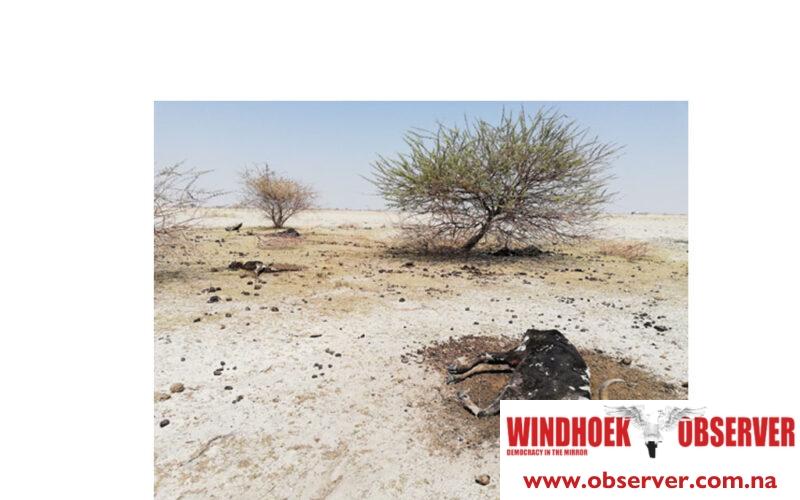Martin Endjala
Oshana region Governor Elia Irimari says the disaster relief programme under the Office of the Prime Minister (OPM) depends on data availability to determine whether there is enough food, particularly the number of registered people.
The governor told Windhoek Observer Namibia on Thursday, following concerns raised by some quarters, who argued that assistance through the disaster relief programme is insufficient and does not benefit all regions.
Oshana region benefited from the program last year after it was hard hit by drought and flash floods.
Irimari argued that disaster crises should not be OPM’s baby alone but rather a collaborative effort from all sectors.
‘’All sectors must play their role to ensure disaster crises are resolved amicably and not leave it up to the government,” he argued.
According to the OPM budget for the 2024/25 financial year, N$1.1 billion and N$717 million were allocated to the disaster risk management programme.
The allocation encompasses the drought relief programme for the current year, the conducting of the annual vulnerability assessment and analysis, the operationalisation of the National Emergency Operation Centre, the development of the National Resilience Building Strategies, and the continued roll-out of the Commodity and Beneficiary Management Information System, among others.
Prime Minister Saara Kuugongelwa-Amadhila, in her budget motivation last month in the National Assembly, said the current drought programme for 2023/24 will end on 30 June 2024.
However, she raised concerns about the rainfall pattern, which has started to show drought and low grazing patterns in most parts of the country.
As a result, she said her office will conclude an assessment of the immediate interventions needed to save lives and support livelihoods during the imminent drought in 2024.
Revealing that, against a budget of N$892 million in 2023, the expenditure under the drought relief program stood at N$361.6 million as of 28 February 2024. N$307 million was spent on food assistance, while N$ 33.7 million was spent on logistics.
She noted that livestock support, in the form of subsidies to participating farmers, cost N$7.2 million, while N$13.8 million was spent on water provision.
“The National Risk Profile was developed after risk assessments were finalised for all 14 Regions and 14 hazards were identified. The Office will now create the National disaster risk resilience strategy, considering the identified risk profiles,” she said.
Last year, OPM Executive Director I-Ben Nashandi said a vulnerability assessment report was carried out in various regions to assess the drought situation and help make informed decisions.
Hence, he advocates for regional leaders to ensure that they fully participate in the assessments for inclusivity and avoid situations where some regions benefit and others don’t.




